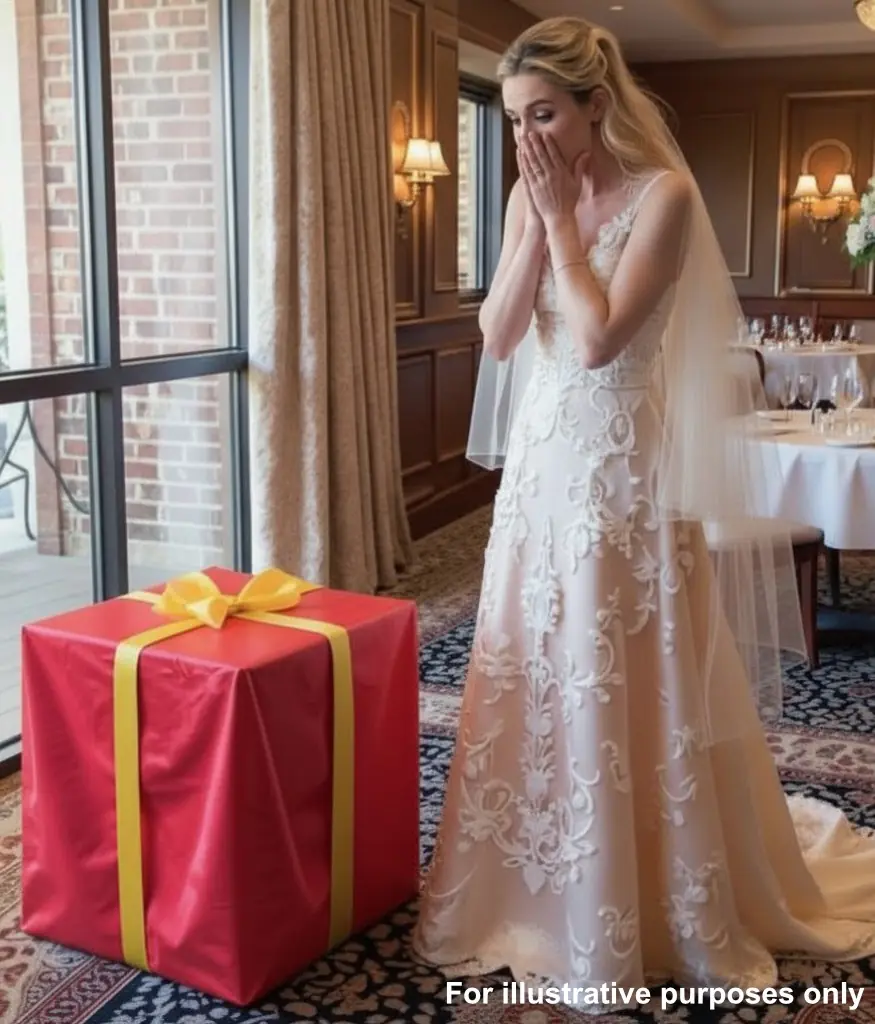
My SIL Sent Her 3-Year-Old Into My House Through the Doggy Door – When I Found Out Why, My Blood Boiled
The Neighbor in the Doggy Door
I never, ever thought I’d be the kind of person who had to install industrial-grade motion sensors specifically to monitor a doggy door.
But then again, I also never thought my own sister-in-law would plant a hidden surveillance camera on her three-year-old child.
And that part, even now, still makes my stomach relentlessly twist with cold nausea.
The Town with No Secrets
My name’s Riley. I’m 27, and I live with my husband, Luke, in a small, tight-knit town—the kind of place where everyone waves brightly, smiles wide, and then spends the rest of the day dissecting every single thing they saw or heard.
Here, people intimately know what brand of coffee you drink, precisely how late your porch light stays on, and exactly how long you talked to the cashier at the hardware store. There are no such things as secrets—unless, of course, you're unnaturally talented at keeping them.
Luke and I moved into our current house a year ago. It’s a modest, charming place, nestled just close enough to the woods that the evening air smells perpetually like damp pine and lingering campfire smoke, but not so far out that you can't casually borrow a cup of sugar from a neighbor.
We fell completely in love with it the second we stepped onto the weather-beaten porch. The front yard boasts a massive, old oak tree that turns a breathtaking gold in the fall. The roof creaks audibly whenever the wind blows hard. The floors tilt slightly if you walk too fast in socks.
It’s not perfect by any means, but it was definitively ours. Our home.
Luke built himself a little masculine sanctuary in the detached garage. He officially calls it his “project shed,” but, in reality, it’s just where he retreats to pretend he’s fixing things while secretly hiding his favorite snacks from me. We planted tomatoes last spring, trained our sweet golden retriever, Scout, to proudly fetch the mail, and talked excitedly about building a proper nursery when the time was right.
It was a house meant to hold only good, honest things.
But we never imagined the kind of toxic thing that would eventually find its way inside. Or how someone so close—someone smiling genuinely at us from just three doors down—would deliberately turn that safe, cherished place into something we couldn’t even trust.
And it all started with a quiet toddler crawling through a doggy door.
The High School Sister-in-Law
Sheryl is Luke’s older sister, and she had recently moved into a large, newly built home just a few short doors away from ours. On the surface, she’s the absolute model neighbor—flawless, expensive blonde hair, oversized designer sunglasses, a luxury SUV she clearly doesn’t need, and a daughter named Macy who is straight off a Pinterest board.
She bakes competitive cookies for our entire road, throws massive weekend barbecues like they’re a social competition, and signs every group text message with at least three obligatory heart emojis.
But once you’ve spent enough time in her orbit, you start to see the unsettling, real Sheryl. If anything, it seems like her emotional development never quite made it past high school.
If she’s smiling brightly at you, it’s usually only because she’s already finished counting the ways she’s currently doing better than you. And if she’s not doing better—she'll efficiently find a way to fix that, fast.
When Luke and I bought this house, she “joked” that we had stolen her long-held dream home.
“Oh, wow,” she said, stepping critically through the foyer. “Guess I’ll have to settle for being your neighbor instead of your landlord, Riley.”
I laughed politely, covering my mounting irritation. Luke, predictably, looked down at his shoes.
When I received a promotion at my job, she barely waited a full day before throwing heavy shade.
“It must be nice,” she said with a sweet-smile-stiff-tone combination that made my teeth ache. “You know, not having to stay home with a demanding kid all day.”
When I got pregnant last spring, she didn’t text. She didn’t call. She didn’t even stop by with words of encouragement, baked goods, or reassuring stories of her own pregnancy experience.
She only smiled at me across the yard a few days later, lifting her coffee mug in the air like a silent, unnerving toast.
I miscarried our baby at 16 weeks. It broke me in ways I still don’t fully understand. I didn’t want to see anyone, I certainly didn’t want to answer invasive questions about what happened, and I sure as hell didn’t want someone telling me that I was “young enough to try again.”
Luke took necessary time off work. My mother came to stay for a while, slowly helping to mend my shattered, broken heart.
And Sheryl? She brought a single, store-bought casserole, rang the bell, and left it silently on the porch without a single word.
After that, I entirely stopped trying to build a relationship. I didn’t attend her barbecues. I actively avoided the group texts. I gave Sheryl all the space she could possibly want, because clearly, my very private grief had somehow affected her more than it had affected me.
I foolishly thought if I simply stepped back, she’d back off and leave us completely alone.
She didn’t. Instead, she started sending Macy.
The Whispers and the Door
Macy, that sweet, tiny baby angel, is three years old. She’s a quiet, wide-eyed, and shy little girl who genuinely calls everything larger than a squirrel a “puppy.” She started showing up almost every day, always with the same, innocent-sounding excuse.
“She just wants to visit Scout,” Sheryl would say airily from her driveway, like it was the most natural, innocent thing in the world.
At first, it genuinely was.
Scout adored her. And honestly, so did I.
Macy had this quiet, gentle charm to her, like a child implicitly raised to take up as little space as possible. She’d crouch down beside Scout with both tiny hands resting on his fur, whispering soft things only he was allowed to hear. I’d peek through the kitchen window and often see them sitting like that—her tiny, angelic fingers tangled in his thick golden coat, his big head bowed patiently beside her.
But then I noticed something profoundly peculiar.
Macy wasn’t knocking anymore. Previously, Sheryl would wait patiently at the beginning of our driveway until Macy ran up and knocked loudly on the front door. Sheryl would only leave once one of us let Macy safely inside.
But now, the little girl was simply crawling in through the doggy door.
The first time I caught it on a security feed, I laughed out loud.
“Smart girl,” I’d said, trying to convince myself, even as my fingers tightened almost painfully around the dish towel. Because something about it, some primitive instinct, made my skin crawl and my hairs stand on end.
I told myself she was just three, and she loved the dog. Maybe this was Sheryl’s strange, passive-aggressive way of softening the tension between us. Maybe this was somehow completely normal—for them.
But then Sheryl started knowing things. I’m not talking about surface-level details or generic neighborhood gossip.
Instead, the things she knew were specific, deeply private, and spoken only within the walls of our home.
She’d strut up my driveway, oversized sunglasses firmly in place, and smile knowingly.
“Oh, Riley,” she’d say, leaning conspiratorially against my porch pillar. “How’s that persistent sore throat you were complaining about last night?”
“I certainly hope you made that delicious chocolate pudding you were talking about earlier!”
“Did you ever find that elusive old box in the attic? The one with Luke’s high school yearbooks? I heard you were looking for it for his birthday.”
That last one completely stopped me in my tracks. I hadn’t mentioned that thought to anyone. Not even Luke. In fact, I’d only spoken about it out loud—to my empty house—while brainstorming possible ideas for Luke’s upcoming birthday celebration.
As I plated ribs and mashed potatoes for dinner that night, my anxiety shot through the roof. I had to talk to my husband.
“Babe… has Sheryl been over lately? Like, inside the house?” I asked, my voice tight.
“Not since last week, Riles,” he said, adding a massive spoonful of butter to the mashed potatoes. “Why? Did something happen to make you nervous?”
“She’s been saying genuinely weird stuff to me… Asking questions and making comments about things she really shouldn’t know.”
“Like what exactly?”
“Like that I had a sore throat and wanted to make some ginger tea. Or that I wanted to make some chocolate pudding. And… she mentioned the yearbooks—the idea just popped into my head for your birthday party, but I was totally alone when I thought of it.”
“Riley,” my husband said, shrugging off my worry with casual ease. “Maybe Macy just overheard you and repeated it to her mom? Kids are little parrots.”
“But how would Macy overhear things that we say when it’s just the two of us? I’m absolutely sure I spoke about the pudding when we were getting ready for bed that night. And maybe she was here with Scout when I was thinking out loud about the books… But, Luke. Something fundamentally isn’t right.”
“I don’t know what else to tell you, Riles,” Luke said, his expression shifting slightly to annoyance. “Maybe I told Sheryl something in passing and completely forgot about it? She does call me sometimes, asking for her old recipes.”
I desperately wanted to believe him.
But then our emergency savings disappeared.
The Empty Tin
We’d been religiously tucking away cash—around $15,000 in large bills—in an old, ceramic cookie tin stored high above the fridge. It wasn’t the most intelligent hiding spot, but we’d both gotten used to stashing money in that tin for future plans.
One morning, as I was waiting for Luke’s bacon to crisp up, I reached up instinctively to check the tin. There was just something about opening it and seeing the stack of notes there neatly—it gave me a visceral sense of comfort and security.
The tin was still sitting on the shelf. But it was completely, undeniably empty.
I stood frozen still, my arm half-raised, heart hammering against my ribs. Then I frantically yanked open every drawer, tore through cabinets, checked the pantry, the laundry room, and even ran out to the garage.
Nothing.
No forced entry. No broken locks. There was just a heavy silence and a very real, very painful absence.
At first, in my shock, I wildly accused my husband.
I stood in the kitchen, my voice tight, trembling with shock and betrayal.
“Did you touch the cookie tin, Luke? Did you move it?” I demanded.
“No. Why would I touch it, Riley?” Luke blinked at me, truly caught off guard.
“I don’t know. Maybe you moved it. Maybe I moved it… Maybe…” I trailed off, my hands shaking uncontrollably as I reopened the same empty drawer for the third time.
He walked over, checked the empty tin for himself, then looked at me with a deep crease between his brows.
“Riley, who, besides us, has been in the house lately?”
The question hung in the air like thick, acrid smoke.
I didn’t answer right away.
Because the answer had already arrived that very afternoon—wearing pink overalls and a crooked, adorable ponytail.
The Smoking Gun
The next time Macy showed up, I stayed silently near the hallway where I could watch her entire entrance. I didn’t greet her right away. I just watched, cold and quiet.
She didn’t knock. She didn’t call out. She crawled expertly through Scout’s doggy door like she’d done it a hundred times before, brushing stray dirt off her knees as she stood up.
That’s when I saw it.
A shiny, silver disc attached firmly to the strap of her overalls, near her shoulder. It wasn’t large, maybe the size of a nickel, but it was too perfectly round and precise to be a simple decoration.
“Hey, sweetheart,” I said gently, kneeling down slowly. “It looks like your little button’s coming loose. Mind if Aunty Riley takes a look?”
“Okay, Aunty Riley,” she said immediately, looking up at me with her big, beautiful, innocent eyes, her fingers still curled tightly around Scout’s fur.
I reached out and ran my thumb across the metallic “button.”
It was cold and smooth. It wasn't sewn on, but snapped perfectly into place. My stomach flipped over violently.
It wasn’t a button, of course. The small silver disc was a camera. A listening device.
Later that long night, Luke and I sat in the living room, our faces pale and stunned under the soft lamplight. I turned the tiny device over and over in my hand, searching for a brand, a charging port, something that would tell me where it came from.
Luke brought in one of his old tech kits, the one he kept for fixing busted remotes. After a few minutes of careful prodding and a soft click, he popped open the back panel.
“There’s a small microSD card,” he said, his voice quiet with disbelief. “She’s been recording everything.”
He slid it into a card reader, and we connected it to my laptop.
I hesitantly hit play.
The screen lit up with shaky, brief footage—a silent clip of me kneeling in the hallway, squinting at the lens and slowly turning it over in my fingers.
“That’s real,” Luke said, leaning forward heavily. “Riley, this isn’t some innocent toy. This is a spy cam.”
He held the device like it might suddenly burn him.
“She put this on her own daughter,” I said, the magnitude of the betrayal crushing me. “She used Macy like a listening device, like a little spy… Luke, what the heck? How could she do this to that sweet, innocent girl?”
We didn’t sleep at all that night. Not because we were scared of the thief, but because we finally understood exactly what Sheryl had done, and the lengths she’d gone to to invade our lives.
The Trap and the Consequences
The next morning, we carefully set a simple trap.
I made sure to speak loud enough for small ears in the hallway. While scrubbing a skillet at the sink, I pretended to be on the phone with my mother.
“Mom, I moved the rest of the money to the red toolbox in the garage. I’m so embarrassed to say that Luke and me actually mislaid the rest of the cash. Who does that? So, we figured that it would be much safer out there. We don’t even go to the garage unless we need something major.”
Macy was crouched beside Scout, petting him like always. She didn’t even look up or flinch.
I don’t know if she truly understood what I said. My heart broke thinking about Macy’s complete innocence—this little girl was probably just doing exactly what her mother had instructed her to do.
But I felt it, deep in my chest—something was about to shatter and shift.
That night, at exactly 1:03 a.m., the motion-activated light near the garage violently switched on.
Scout let out a low, guttural, unfamiliar growl from the foot of our bed.
Luke sat up immediately, wide awake.
“Something just triggered the sensor, Riles,” he whispered, his voice tense.
I grabbed my phone and pulled up the outdoor security feed.
And there she was.
Sheryl.
She was wearing dark black leggings, a dark hoodie, and she had a powerful flashlight clutched in her hand. Her hair was tied back severely, and she moved quickly, efficiently, like she’d done this exact thing before many times.
She went straight to the garage, and straight to the red toolbox.
“I’m calling the police right now,” Luke said, not hesitating for a moment. “I don’t care if she’s my sister.”
We watched from the dark bedroom window as the patrol car pulled up minutes later, their lights silently flashing. They didn’t even need to search—Sheryl was still bent over the wide-open drawer, rummaging through our tools like she had all the time in the world.
They caught her absolutely red-handed.
I threw on my robe and went to the front door, my heart pounding against my ribs. I watched through the screen door as the first officer approached her.
“Ma’am, what exactly are you doing here at this hour?”
“I — this isn’t what it looks like!” Sheryl exclaimed, blinking wildly into the harsh flashlight beam.
“It looks exactly like you’re trespassing and attempting burglary,” the officer said flatly.
“This is my brother’s house!” she shrieked. “I’m looking for something Luke borrowed from me!”
The other officer joined him and gestured toward her gloves and flashlight.
“In the middle of the night? With a light and gloves?”
“She doesn’t deserve Luke’s life!” Sheryl blurted out suddenly, her voice sharp, poisonous, and completely unhinged. “She just doesn’t deserve what she has!”
Luke came up beside me, his arm resting gently on my shoulder. I turned and looked at him. He didn’t say anything, but his face was set in granite.
Those final, petty, poisonous words hit me harder than any theft ever could.
A Different Kind of Karma
Later that week, following a warrant, the police searched Sheryl’s house. Most of the cash was found stuffed in a large envelope hidden under her mattress. They also discovered three more hidden cameras—one disguised as a small decorative plant, one cleverly disguised as a phone charger, and one disturbingly hidden inside Macy’s favorite stuffed animal.
Luke was quiet for a long, mournful time after that discovery.
“She used Macy,” I said one night, the reality still crushing me. “She truly turned that gorgeous little girl into a spy.”
“I know, Riley,” Luke said softly, handing me a cup of hot cocoa. “I can’t believe I didn’t see the rot sooner.”
Sheryl’s husband, Leonard, couldn’t believe it either. He immediately left his wife, packed Macy’s things, and moved in with his bewildered parents. He told Luke he was filing for sole custody the very next day.
I thought that was the brutal, necessary end of the whole ordeal.
But karma, as it turns out, doesn’t always arrive all at once.
A few months later, Sheryl called. Luke answered, and I could hear the sheer, hysterical panic in her voice even from the living room.
“Please,” she sobbed into the phone, barely coherent. “Macy’s in the hospital, Luke! She’s really sick!”
The poor little girl had swallowed a disassembled piece of a tiny camera—one Sheryl had apparently hidden in a drawer full of junk food and then completely forgotten about. It tore the delicate lining of her stomach.
The doctors saved her life, thank God, but it was incredibly close. Too close for comfort.
Sheryl lost custody completely, of course. She was court-ordered into counseling and granted only highly supervised visits with Macy.
Luke eventually forgave her. He said people sometimes just completely crack under pressure, and that maybe Sheryl had been broken long before any of this destructive behavior began.
I, however, did not forgive her. Because Sheryl didn’t just steal money.
She stole our peace of mind. She made our home feel profoundly unsafe, and she made me second-guess my own instincts, my memory, and even my sanity.
And worst of all—she weaponized her own innocent child as a tool to try and tear us down.
I see Macy sometimes now, usually at the park with her quiet, loving father. Scout still runs to her like none of the ugliness ever happened. She laughs, throws a stick, and he bolts after it like he’s waited all day for that perfect moment.
She’s safe now. And she remains untouched by the devastating mess her mother made.
And every time I see her smiling like that, I remind myself of her purity… And the quiet truth that karma doesn’t ever need my help.
News in the same category

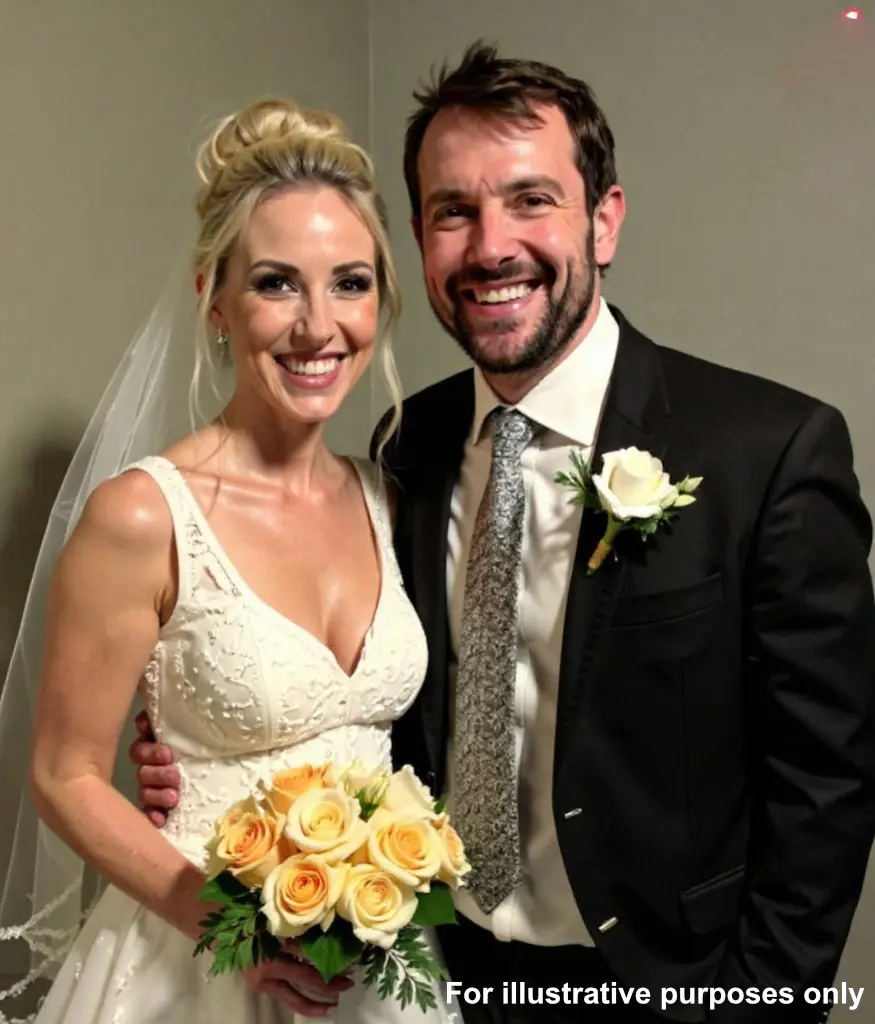
My Husband Died Right After We Got Married, but When I Stepped Into a Taxi, He Turned Around and Looked Straight at Me.
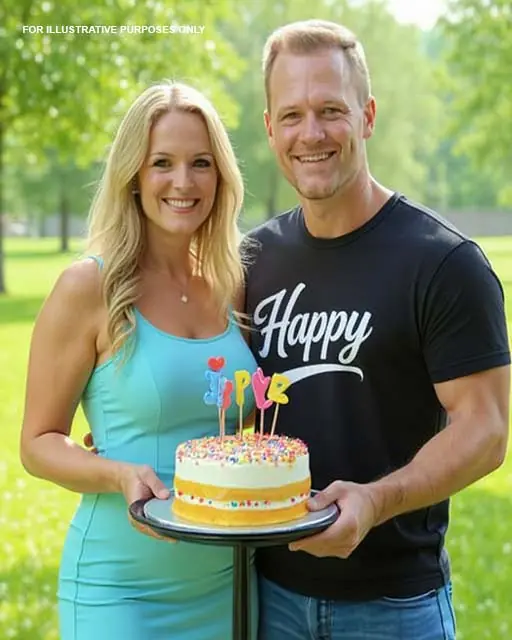
My Husband Left My Birthday Party for “Work” — But What I Found When I Followed Him Broke Me

My SIL Sent Her 3-Year-Old Into My House Through the Doggy Door – When I Found Out Why, My Blood Boiled
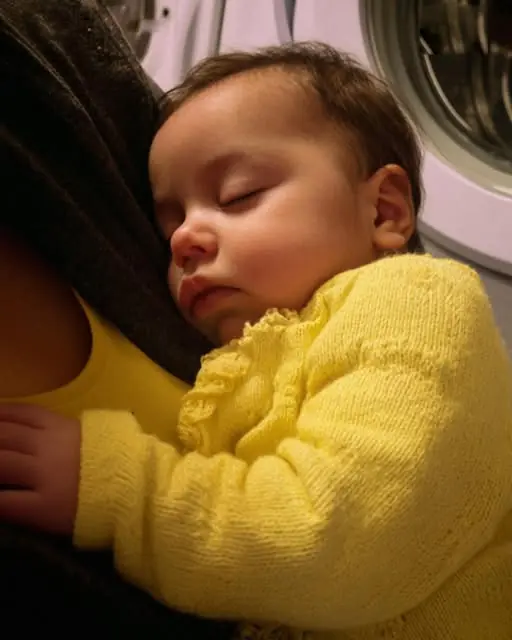
I Fell Asleep in the Laundry Room with My Baby – But When I Opened the Washer, I Couldn’t Believe What I Saw Inside
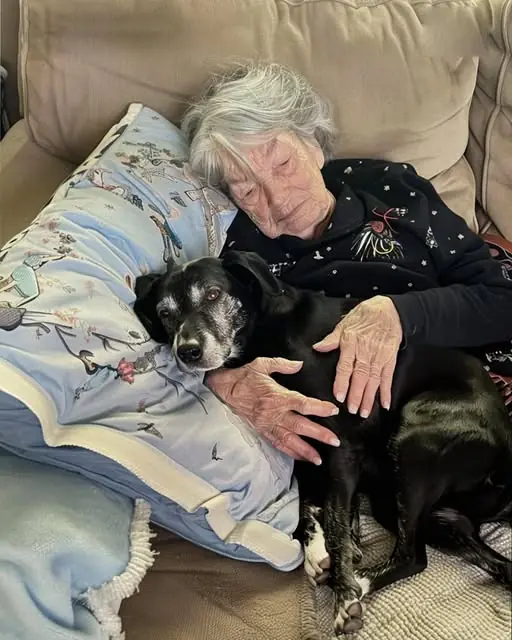
While My Family Fought Over Grandma’s Will, I Was the Only One Who Took Her Beloved Dog and Discovered the Secret She Left Behind
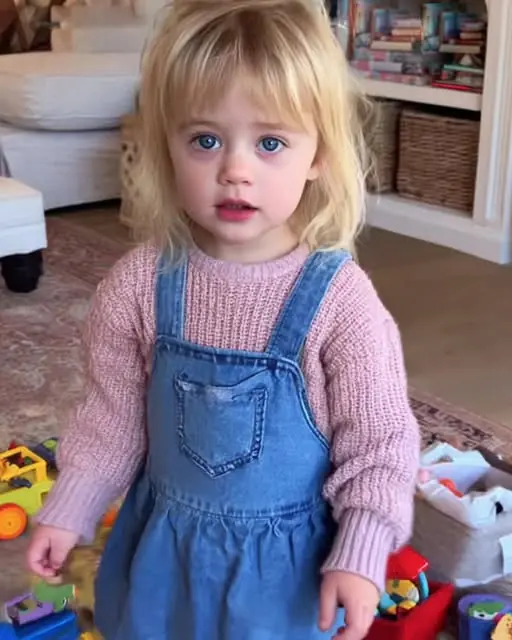
My Sister Adopted a Little Girl – Six Months Later, She Showed up at My House with a DNA Test and Said, ‘This Child Isn’t Ours’
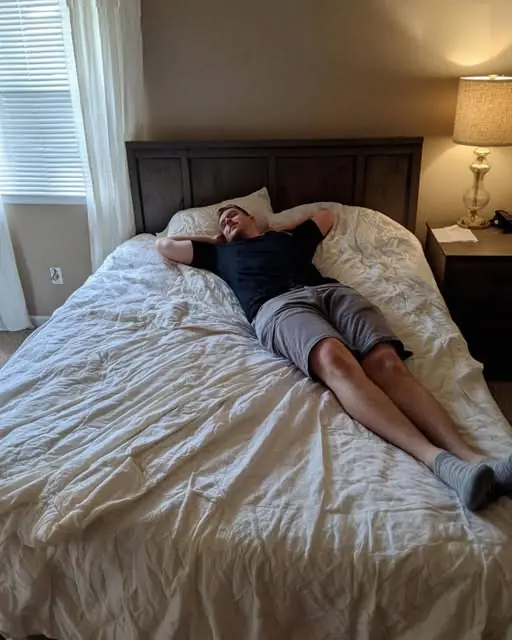
My Fiancé Said I Should Pay 70% for Our New Bed Because I’m ‘Heavier and Take up More Space’ – So I Taught Him a Lesson
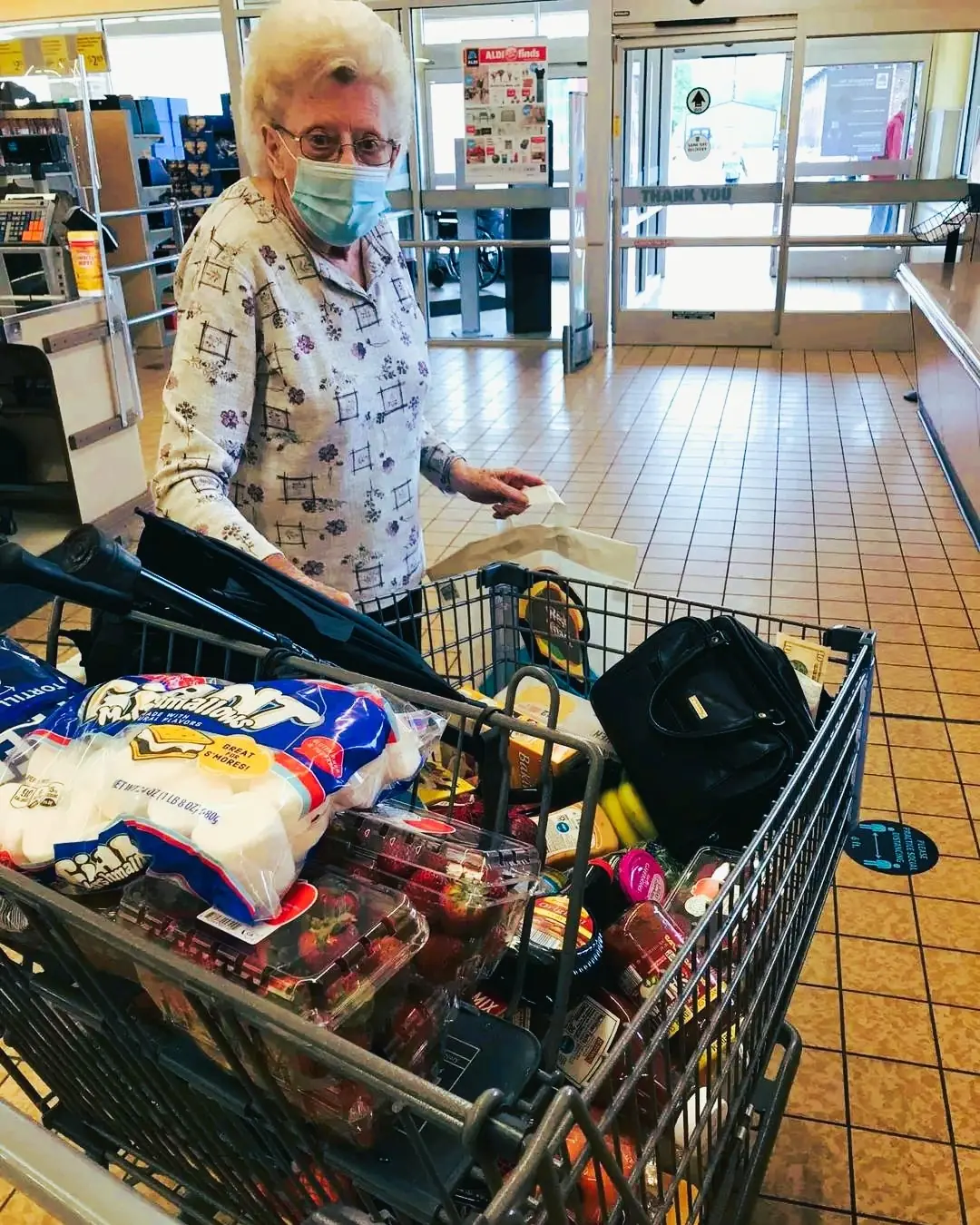
A Grocery Store Encounter That Turned Into Something More
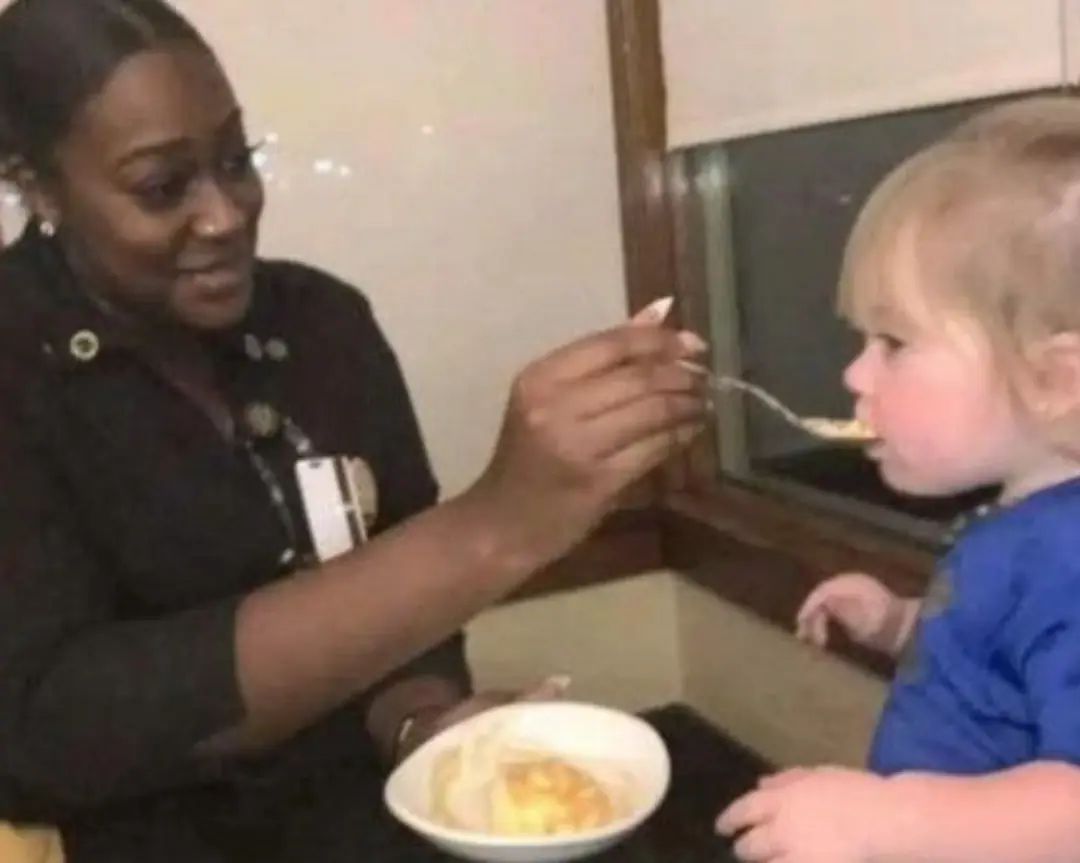
A Waitress Said “No” — And Changed a Mother’s Night Completely
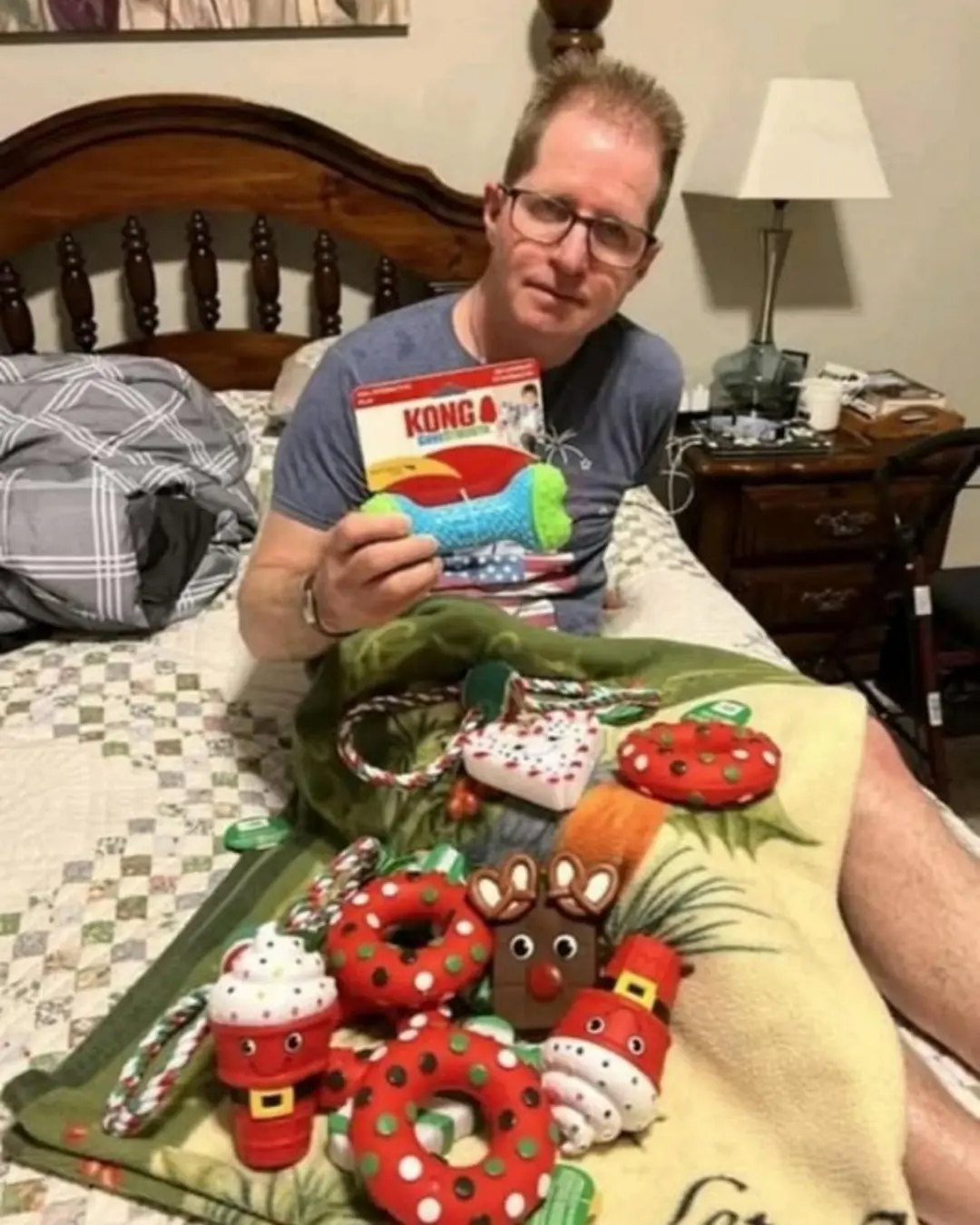
The Secret Santa Who Gives All Year Long — And the Ripple of Kindness He Started
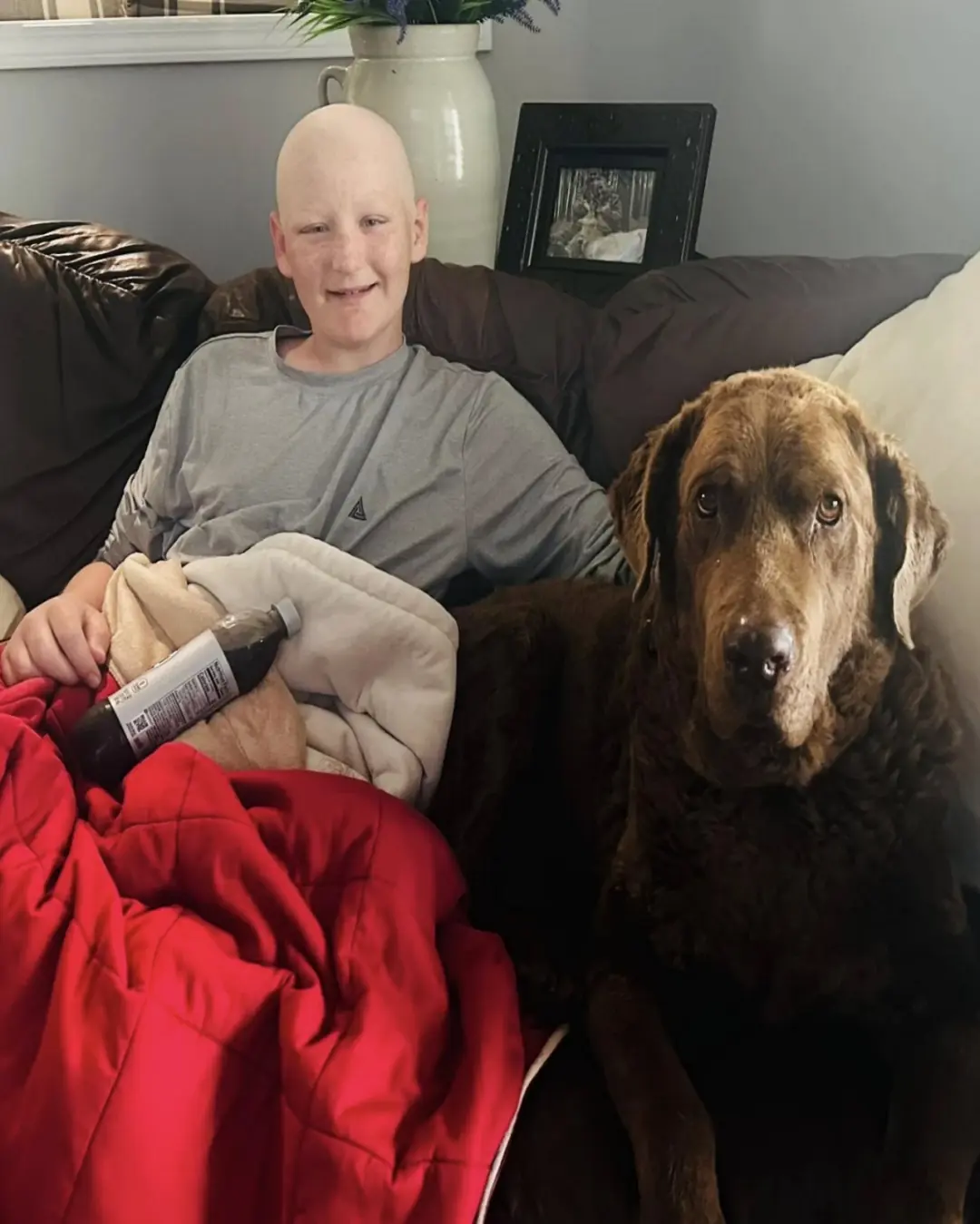
Will’s Best Sunday Ever: A Brave Teen’s Return Home

A Single Gesture That United a Crowd in Emotion
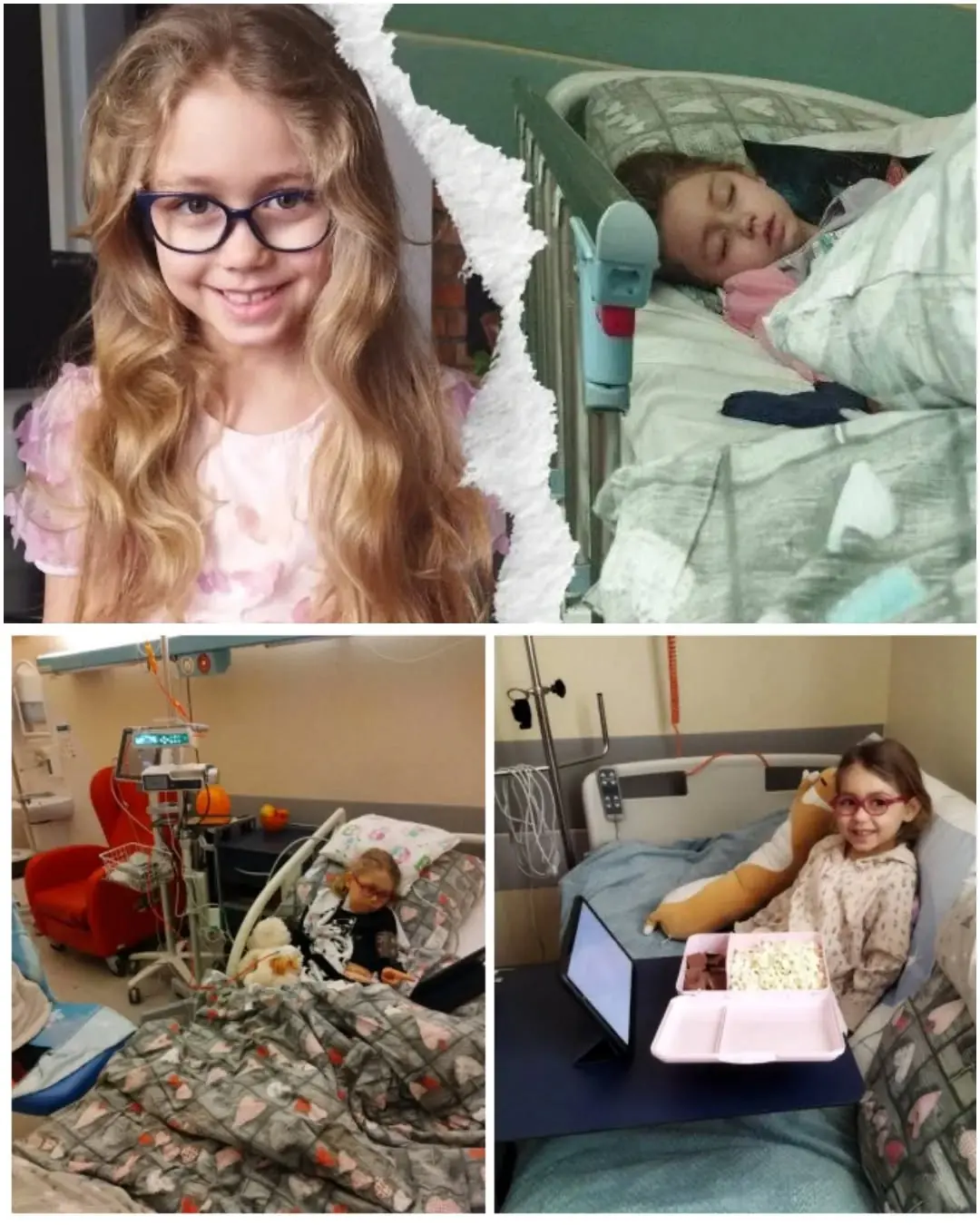
Agatka’s Fight: A Little Girl’s Battle With Severe Aplastic Anemia

Laika’s Last Journey: The Little Dog Who Touched the Stars
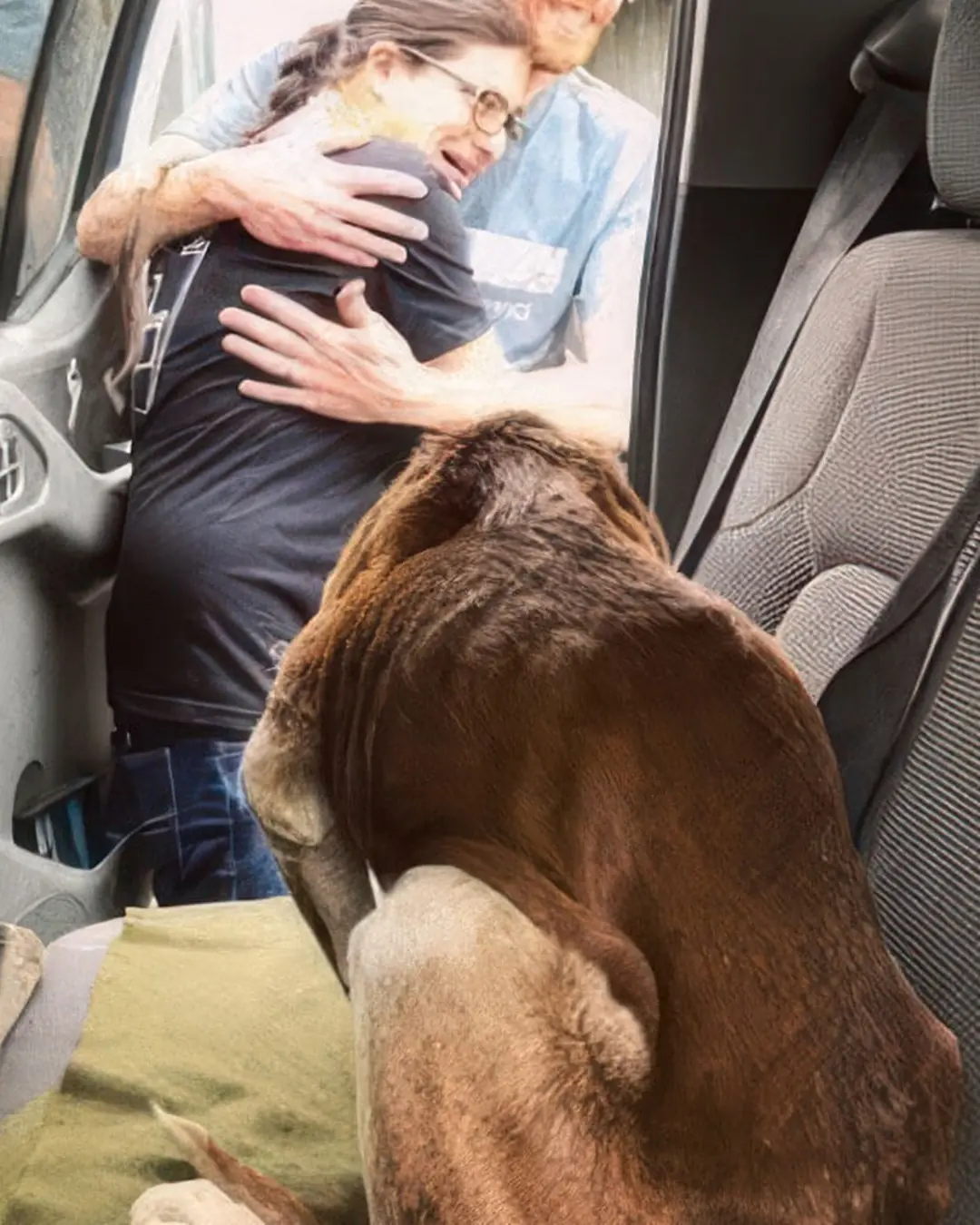
The Long Road Home: Max’s Journey Back to Love.
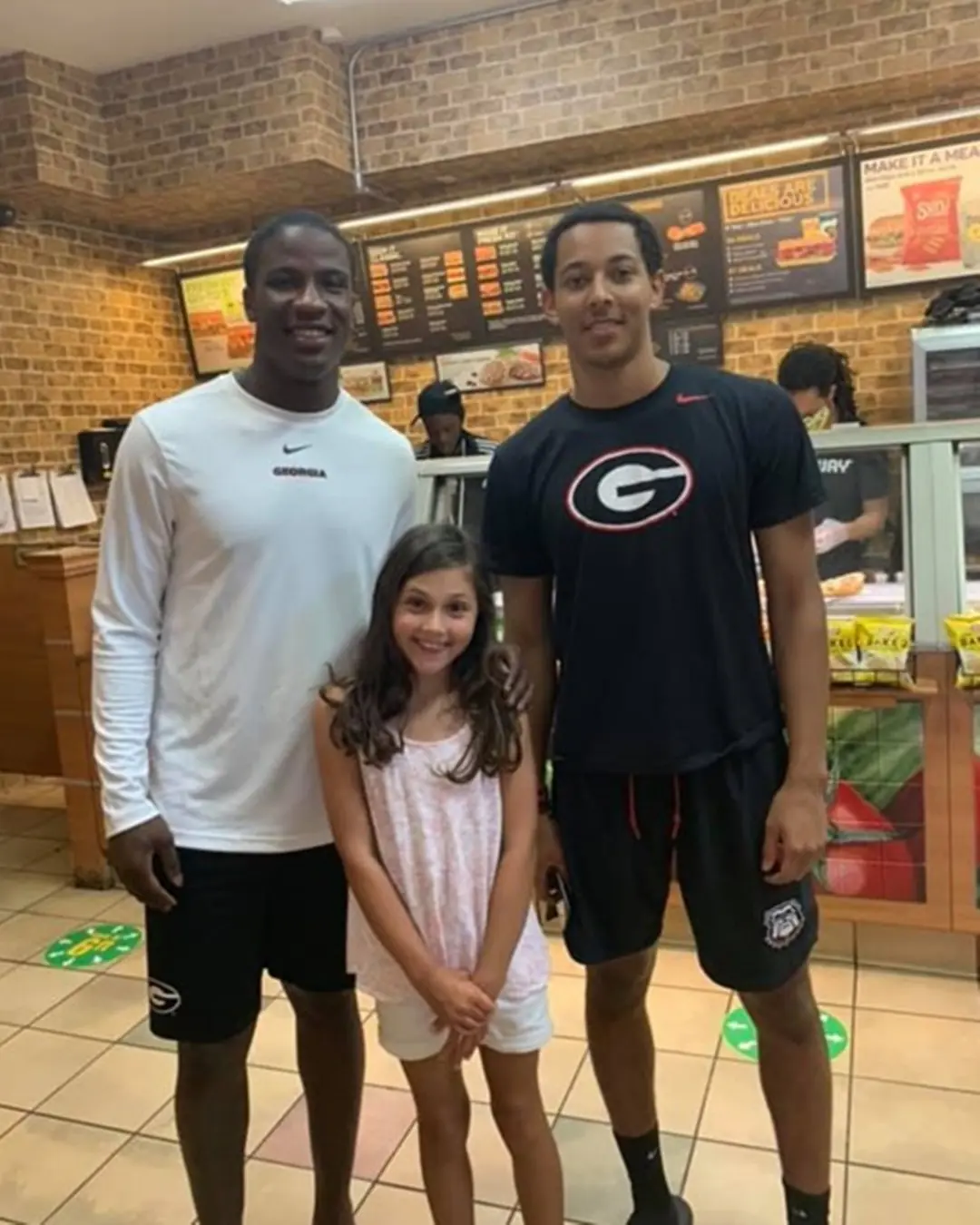
A Small Act of Kindness in Athens.
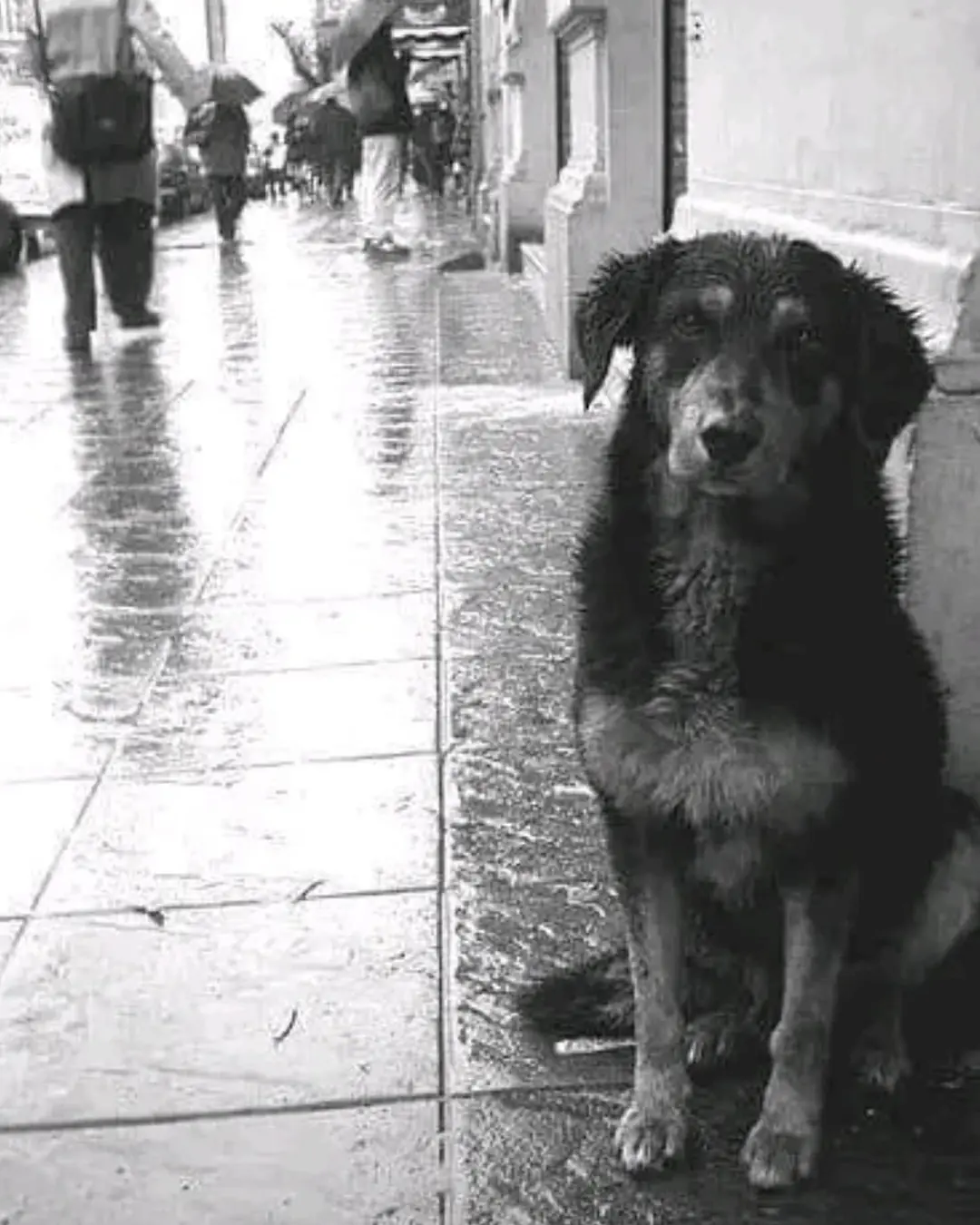
From the Cold Rain to a Warm Home.
News Post

20-Year-Old Man Suffers Acute Kidney Failure After Eating 30 Grilled Oysters — Doctors Reveal the Shocking Cause

Fig Leaves: Surprising Benefits and Uses
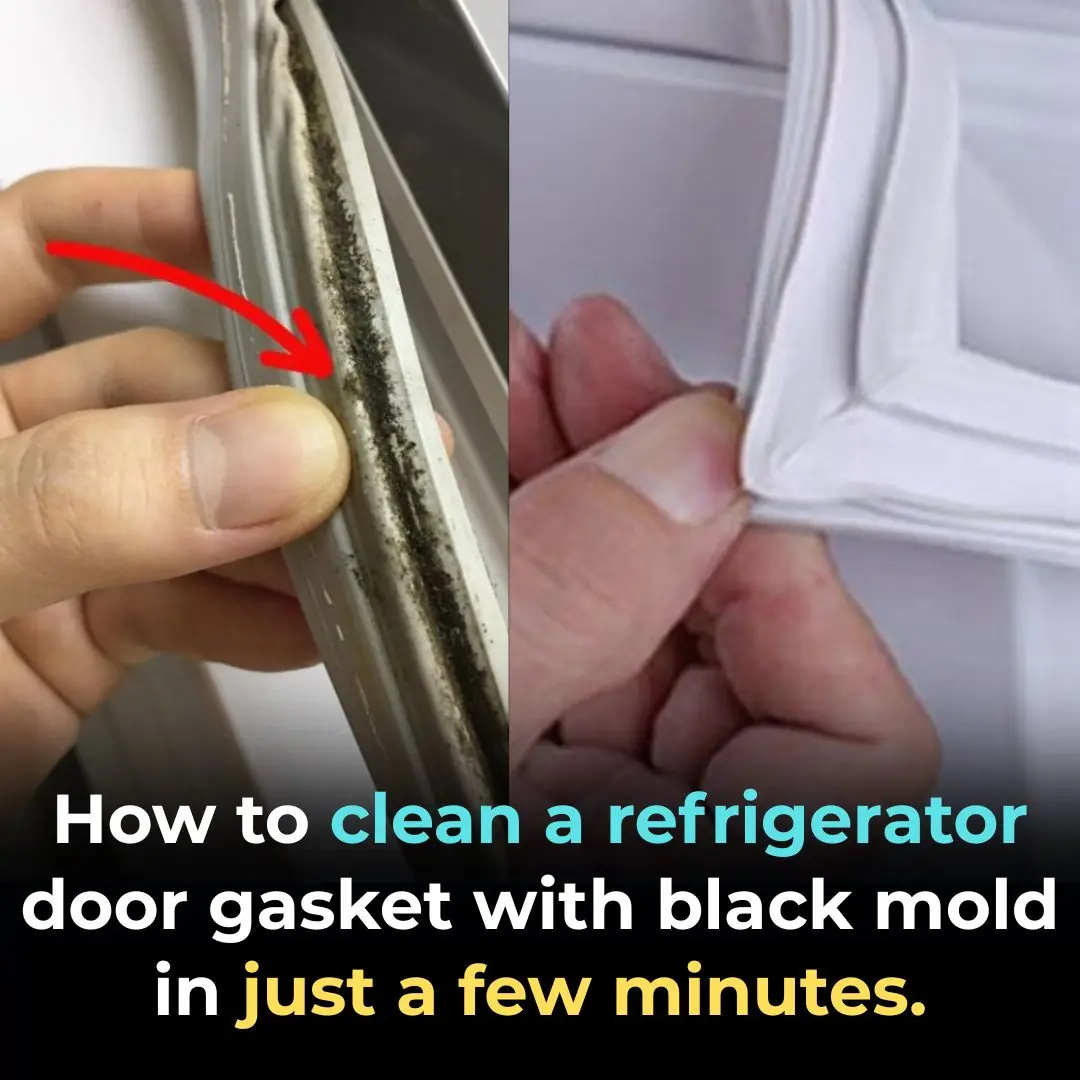
How to Clean Moldy Refrigerator Gaskets — Sparkling Clean in Just 5 Minutes
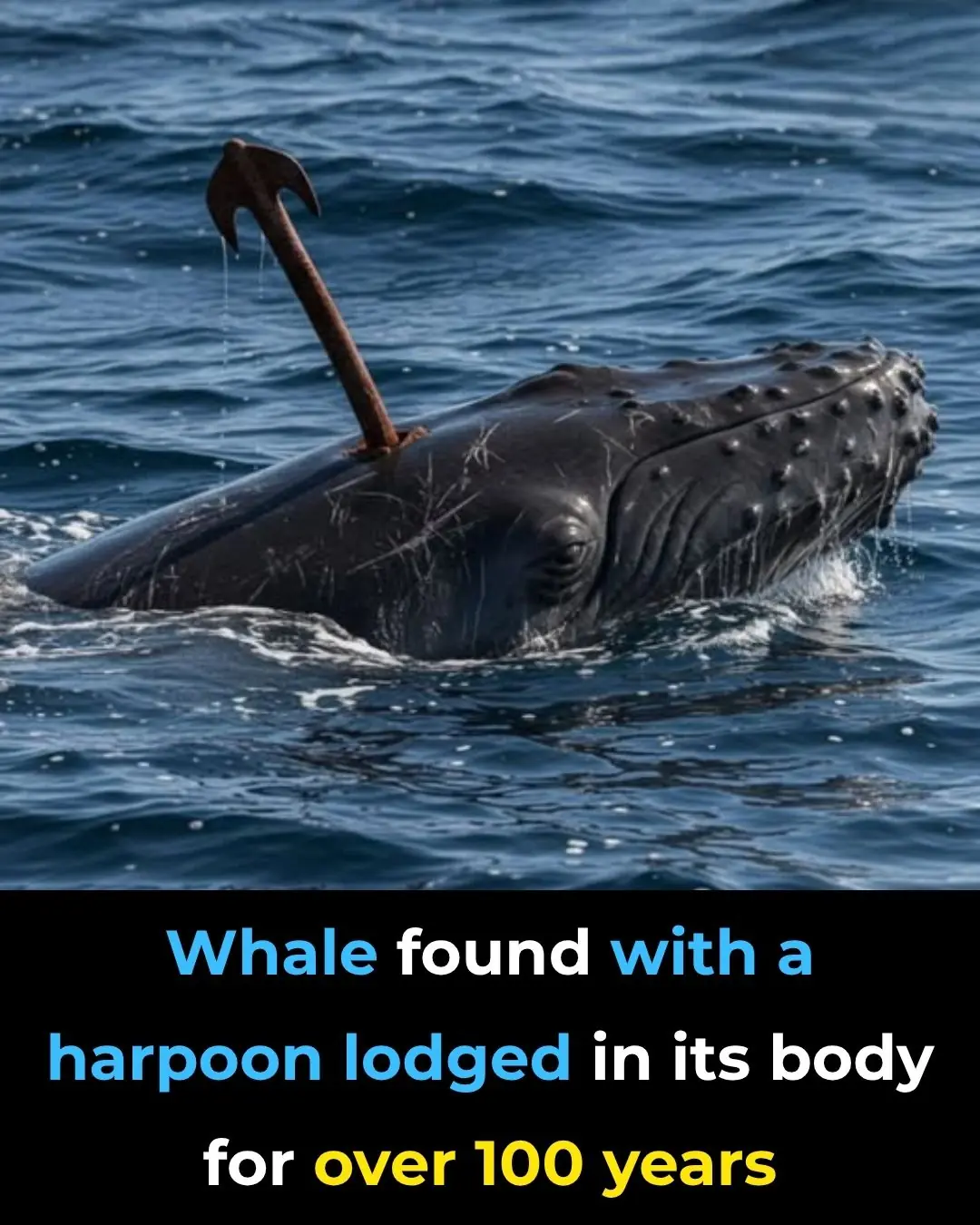
The Whale That Carried History In Its Neck For Over 100 Years

Denver Bans the Sale of Dogs, Cats, and Rabbits, Paving the Way for More Shelter Adoptions

Medicinal Health Benefits of Turmeric, Curcumin and Turmeric Tea Based on Science

The Best Foods to Cleanse and Prevent Clogged Arteries

Capsaicin Stops Heart Attacks And Destroys Cancer Cells

17 Signs Your Body Is Too Acidic And 9 Ways To Quickly Alkalize It
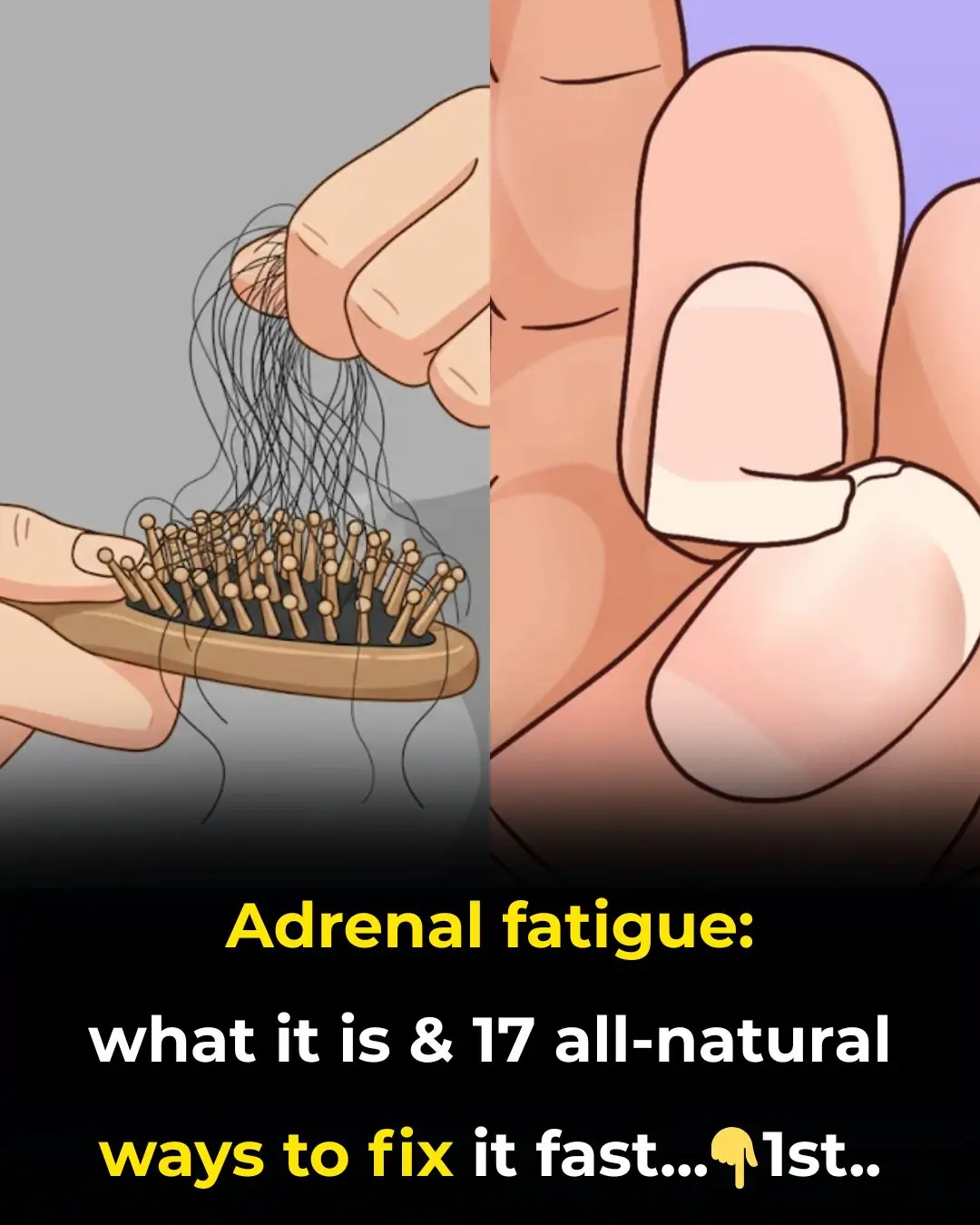
Adrenal fatigue: what it is and 17 all-natural ways to fix it fast

Colon Cleansing With Kefir and Flaxseed Meal

If you rub these 2 points behind your knees, this is the effect on your body

Apple extract kills colon cancer cells better than chemotherapy drug

12 surprising foods that help dissolve blood clots naturally

Elon Musk's ex Grimes reveals controversial face tattoo she spent 10 years 'emotionally' working up to

Justin Bieber announces 'wild' tech career move that could earn him millions

My Sister Stole My $85,000 Inheritance to Fund Her Lavish Wedding – I Waited Until Her Big Day to Deliver My Revenge

My Husband Died Right After We Got Married, but When I Stepped Into a Taxi, He Turned Around and Looked Straight at Me.

My Husband Left My Birthday Party for “Work” — But What I Found When I Followed Him Broke Me
